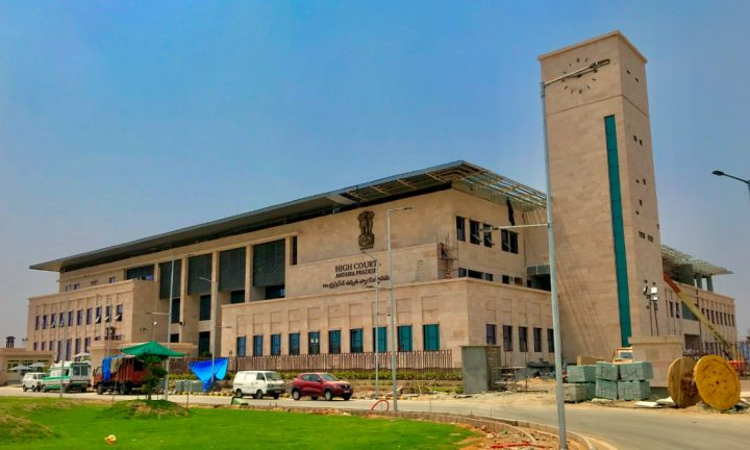Andhra Pradesh High Court Issues Guidelines For Prompt Transmission Of Bail Orders
Shrutika Pandey
23 July 2021 1:52 PM IST

"Disposal of bail application without furnishing the order copy within a reasonable time will not place the accused in a better position"
Next Story


